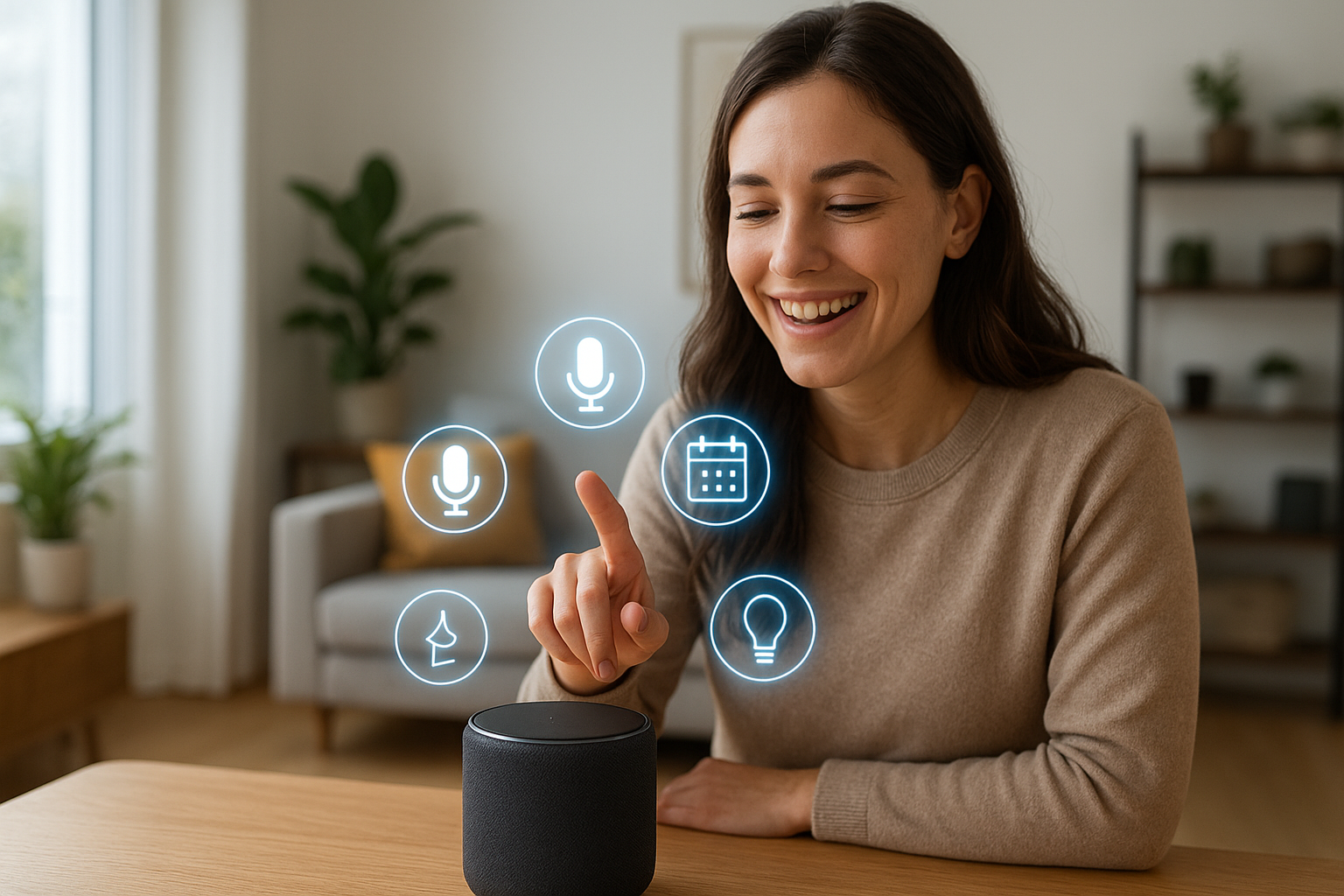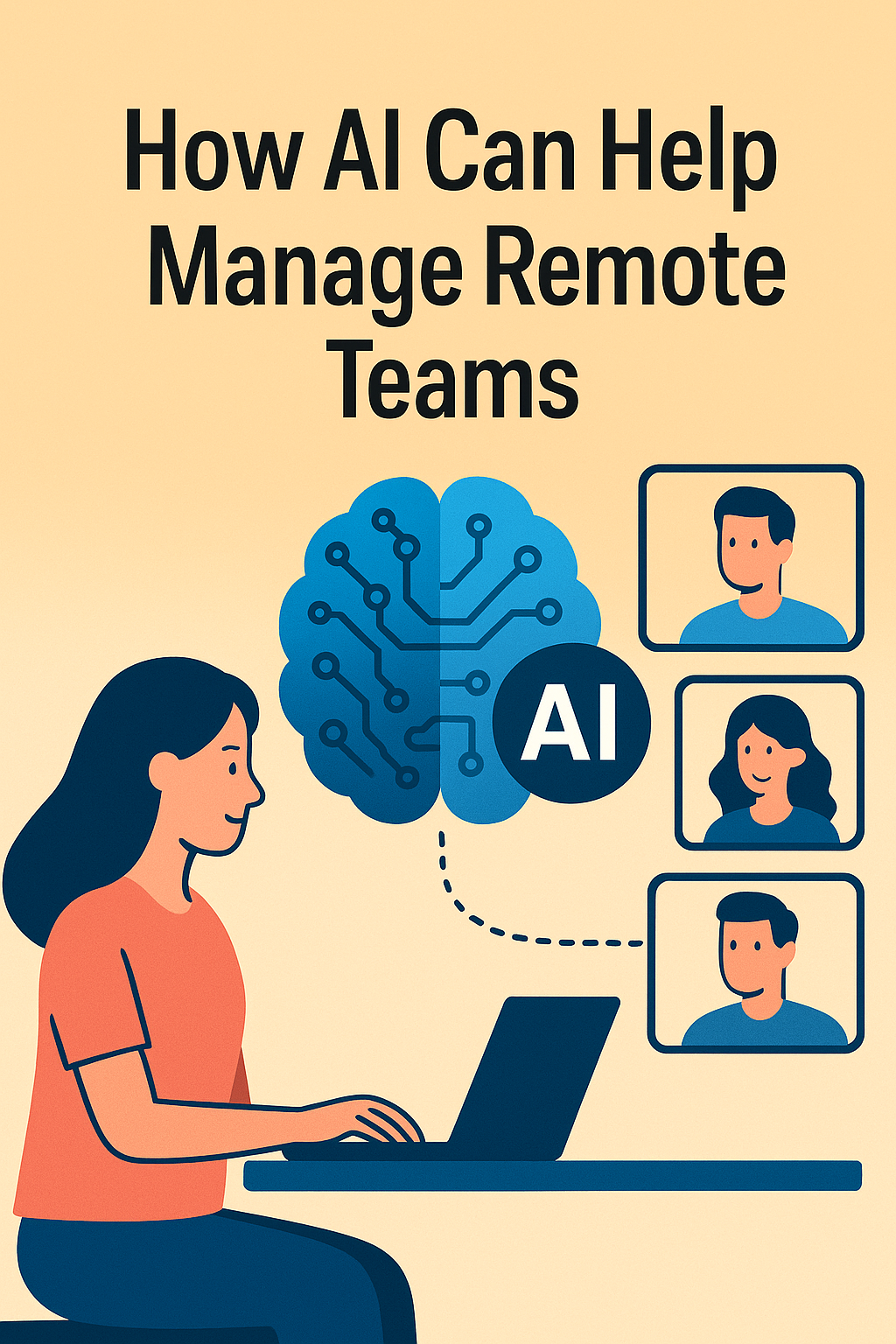The Best AI Assistants for Everyday Tasks
Artificial Intelligence (AI) is no longer a futuristic concept—it’s part of our daily lives. From setting reminders to managing emails, AI assistants are making life easier and more efficient. These tools save time, reduce stress, and allow you to focus on more important priorities.
In this article, we’ll explore the best AI assistants available today, how they work, and how they can help you with everyday tasks at home, at work, and on the go.
Why Use an AI Assistant?
An AI assistant is a digital tool that uses machine learning and natural language processing to understand your requests and perform tasks on your behalf. Instead of spending time on repetitive actions, you can simply ask the AI to do it for you.
Some of the key benefits include:
- Saving time by automating repetitive tasks.
- Organizing your schedule and reminders.
- Improving productivity at work.
- Simplifying daily errands and household tasks.
1. Google Assistant
Best for: Android users and Google ecosystem fans
Google Assistant is one of the most widely used AI assistants in the world. It integrates seamlessly with Google services such as Gmail, Calendar, and Maps.
What it can do:
- Set reminders, alarms, and appointments.
- Control smart home devices like lights and thermostats.
- Provide real-time navigation and traffic updates.
- Answer general knowledge questions instantly.
For people deeply connected to Google apps, this assistant can become a true digital companion.
2. Amazon Alexa
Best for: Smart home automation
Amazon Alexa is most popular for powering Echo smart speakers, but its capabilities go far beyond music and voice commands.
What it can do:
- Control a wide variety of smart home devices.
- Create shopping lists and order products on Amazon.
- Provide news updates and weather forecasts.
- Set routines that automate multiple tasks with one command.
If you’re building a smart home, Alexa is one of the strongest options available.
3. Apple Siri
Best for: iPhone and Apple ecosystem users
Siri is built into every iPhone, iPad, and Mac, making it a convenient assistant for Apple fans.
What it can do:
- Send messages and make calls hands-free.
- Suggest actions based on your daily habits.
- Read and reply to notifications.
- Control Apple HomeKit smart devices.
Siri may not be as advanced in natural conversations as other assistants, but it shines in its seamless integration with Apple hardware.
4. Microsoft Cortana
Best for: Windows users
Although Microsoft scaled back Cortana’s role as a consumer AI assistant, it remains useful for productivity, especially for Windows and Microsoft 365 users.
What it can do:
- Manage calendar events and reminders.
- Help with Outlook emails and tasks.
- Provide quick answers and open apps on Windows devices.
While it’s not as popular as Google or Alexa, it’s handy for professionals who rely heavily on Microsoft’s ecosystem.
5. ChatGPT (AI Conversational Assistant)
Best for: Personalized support and creative help
ChatGPT has become one of the most powerful AI assistants for text-based interactions. Unlike traditional assistants, it can provide long-form, personalized responses.
What it can do:
- Draft emails, blog posts, and reports.
- Answer questions in detail.
- Provide study help and explain complex topics.
- Offer brainstorming support for ideas.
While it doesn’t handle physical tasks like controlling lights or alarms, it excels at problem-solving and creativity.
6. Samsung Bixby
Best for: Samsung device owners
Bixby is Samsung’s AI assistant, designed to work across its phones, TVs, and appliances.
What it can do:
- Control Samsung smart home devices.
- Translate languages in real time.
- Execute quick commands like texting or calling.
- Suggest apps and features based on usage.
Though less popular than Siri or Google Assistant, it’s a good option for those heavily invested in Samsung products.
Choosing the Right AI Assistant for Your Needs
Not all assistants are created equal. The best one for you depends on your lifestyle and devices:
- For productivity and Google services: Google Assistant.
- For smart home lovers: Amazon Alexa.
- For Apple users: Siri.
- For Windows professionals: Cortana.
- For creative and text-based tasks: ChatGPT.
- For Samsung device integration: Bixby.
Everyday Examples of AI in Action
Here are simple ways AI assistants can make your day easier:
- “Remind me to drink water every two hours.”
- “Send a text to John saying I’ll be five minutes late.”
- “Turn off the lights in the living room.”
- “What’s the weather like tomorrow morning?”
- “Summarize today’s meetings into bullet points.”
These small actions, repeated daily, save a surprising amount of time and mental effort.
The Future of AI Assistants
AI assistants are becoming smarter every year. In the near future, they will:
- Predict needs before you even ask.
- Provide deeper personalization based on your habits.
- Integrate across more devices for seamless experiences.
We are moving toward a world where AI assistants act as full-time personal helpers—always available, always learning, and always improving.
Final Thoughts: Your Digital Partner in Daily Life
AI assistants are not just about convenience—they’re about creating more time for what truly matters. Whether it’s focusing on your career, spending time with family, or simply reducing stress, these tools act as digital partners that make life smoother.
Choosing the right assistant can transform your routine, giving you the freedom to focus on what you love while leaving the small tasks to AI.




Post Comment